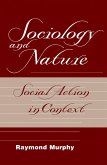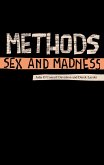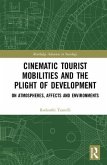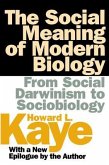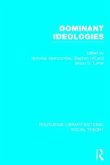Three categories -- founders, classics, canons -- have been vitally important in helping to frame sociology's precarious identity, defining the discipline's sense of its past and the implications for its current activity. Today that identity is being challenged as never before. Within the academy, a number of positions -- feminist, postmodernist, poststructuralist, postcolonial -- converge in questioning the status of "the tradition." These currents, in turn, reflect wider social questioning about the meaning and uses of knowledge in technologically advanced societies. In Founders, Classics, Canons, Peter Baehr scrutinizes the nature of this challenge. He provides a model of the processes through which texts are elevated to classic status, and defends the continuing importance of sociology's traditions for a university education in the social sciences. The concept of "classic" is, as Baehr notes, a complex one. Essentially it assumes a scale of judgment that deems certain texts as exemplary in eminence. But what is the nature of this eminence? Baehr analyzes various responses to this question. Most notable are those that focus on the functions classics perform for the scholarly community that employs them; the rhetorical force classics are said to possess; and the processes of reception that result in classic status. The concept of classic is often equated with two other notions: "founders" and "canon." The former has a well-established pedigree within the discipline, but widespread usage of the latter in sociology is much more recent and polemical in tone. Baehr offers arguments against these two ways of interpreting, defending and attacking sociology's great texts and authors. Hedemonstrates why, in logical and historical terms, discourses and traditions cannot actually be "founded" and why the term "founder" has little explanatory content. Equally, he takes issue with the notion of "canon" and argues that the analogy between the theological canon an
Hinweis: Dieser Artikel kann nur an eine deutsche Lieferadresse ausgeliefert werden.
Hinweis: Dieser Artikel kann nur an eine deutsche Lieferadresse ausgeliefert werden.


